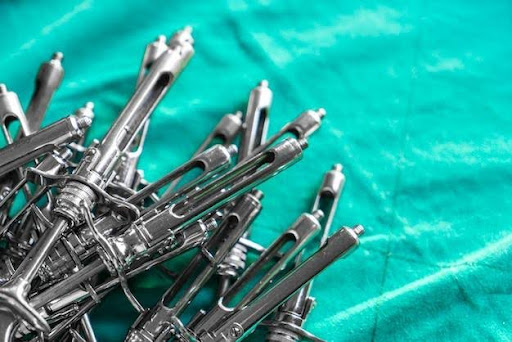Metal injection molding (MIM) is basically a molding technology that is used to manufacture steel metal parts for medical usage. It has transformed the manufacturing process in many industries, not just the medical field. In this type of molding, the finely powdered metal is mixed with a plastic binder to make the feedstock, which is suitable for injection molding. With the advancements in technology, medical devices have become more complex. That’s why the need for high-quality, precise, and cost-effective manufacturing methods grows. MIM offers unique advantages that make it well-suited for producing metal parts for medical usage.
Here are some key benefits of using metal injection molding in medical manufacturing.
Enhanced Precision and Consistency
The main advantage of metal injection molding is that it provides manufacturers with the opportunity to produce parts with high precision and consistency. Medical equipment needs to be really precise, and minor details matter while manufacturing so that they can be made perfect. In medical manufacturing, even minor flaws can affect the functionality and safety of devices. MIM technology has made things right and makes sure that each part meets strict quality standards, which is particularly beneficial for producing complex components like surgical tools and implantable devices. Through the MIM, manufacturers can avoid errors by maintaining uniformity across batches.
Metal Injection Molding Enables to Create Complex Geometries
Medical equipment usually has more complex shapes than tools in other industries. These shapes are not easy to be made by conventional methods. Metal injection molding can create complex geometries that would be difficult or impossible to achieve with other manufacturing techniques. Because of this flexibility, manufacturers can design innovative medical tools and devices that meet the specific needs of medical professionals. There are some providers of medical metal injection molding products who work with the manufacturers to achieve complex designs without compromising on quality. This is how a manufacturer can make sure that the devices perform as intended in critical healthcare applications.
Cost-Effective for High-Volume Production
If manufacturers are making tools for medical usage on a large scale, then MIM can be cost-effective. Traditional manufacturing methods like CNC machining can be costly and really time-consuming when producing small and detailed parts in large quantities. Metal injection molding allows manufacturers to produce precise parts faster and with lower material waste, which can reduce overall costs. For the medical industry, these cost savings enable the production of high-quality components without putting a load on the companies in the form of a budget. MIM makes advanced medical technology more accessible to medical equipment manufacturers.
Biocompatibility and Durability
In medical practice, the use of metals that are biocompatible is essential. MIM can produce parts from various biocompatible metals, such as stainless steel and titanium, which are safe for use in medical applications. These materials are corrosion-resistant and durable, which makes them perfect for medical usage. Durability is especially important for devices and tools that will be exposed to sterilization processes and daily wear and tear. MIM enables the production of durable parts that can bear rigorous conditions while ensuring patient safety.




